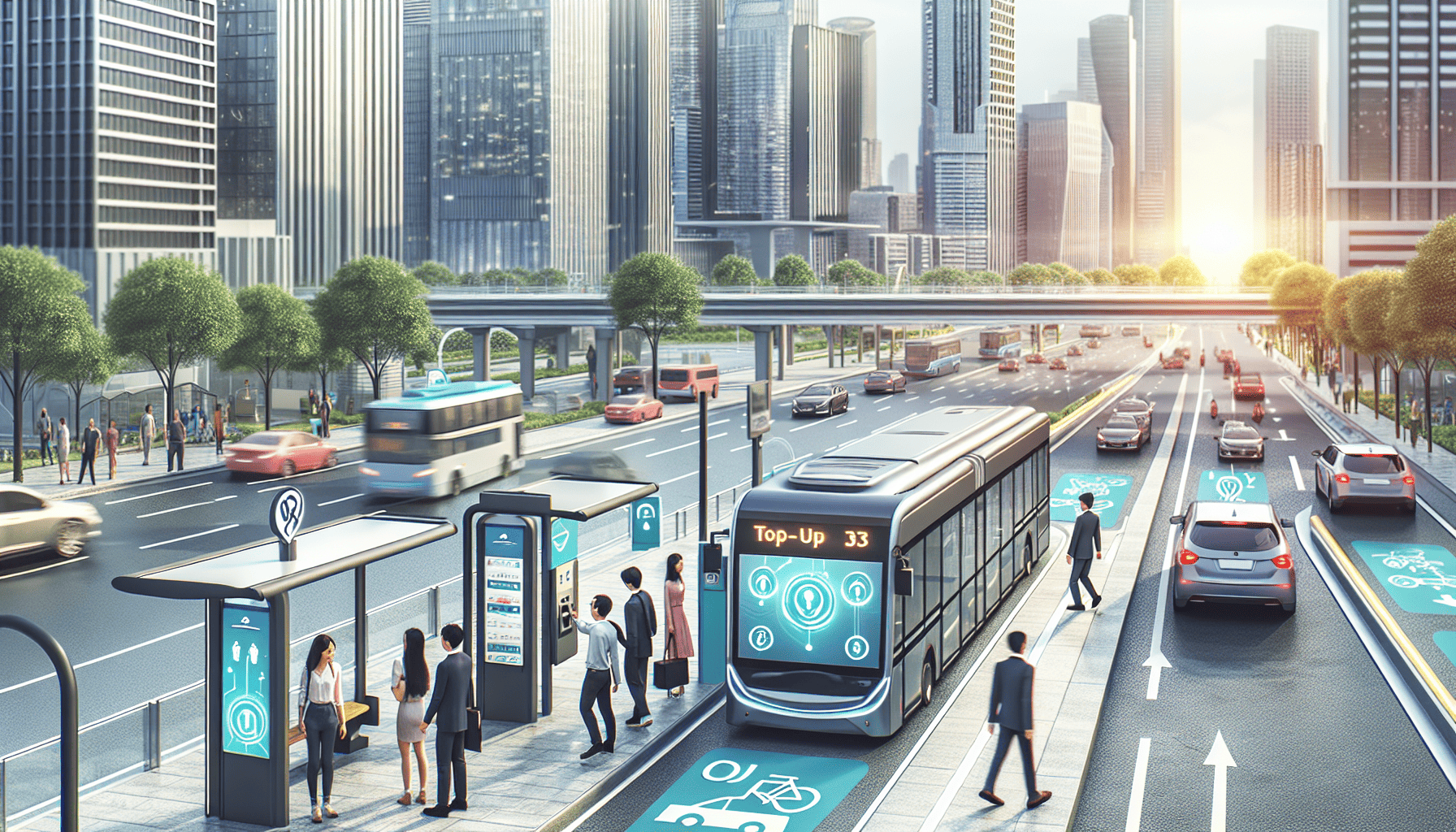Urban transport systems in the United Arab Emirates (UAE) are rapidly evolving to meet the needs of their growing populations and bustling economies. As cities like Dubai and Abu Dhabi expand, there is an increasing need to enhance the efficiency, connectivity, and convenience of urban transport networks. One of the ways these cities are addressing this challenge is through innovative top-up strategies that leverage technology and promote sustainable practices.
Contactless Payment Systems
One significant advancement in the UAE's urban transport systems is the widespread adoption of contactless payment systems. Dubai’s Nol card and Abu Dhabi’s Hafilat card are prime examples. These smart cards allow commuters to easily top up their accounts online, through mobile apps, or at convenient locations throughout the city. The use of contactless technology not only streamlines payment processes but also reduces the reliance on cash transactions, speeding up passenger flow and reducing congestion at entry points in metros and buses.
Mobile Apps and Digital Integration
The integration of mobile applications has further enhanced the top-up and management of transport credits. Apps such as the 'Smart Dubai' app and 'Darb' in Abu Dhabi offer users real-time updates on transport schedules, traffic conditions, and allow for instant top-ups via smartphones. This digital integration offers unparalleled convenience, enabling users to manage their transport needs on-the-go, thus enhancing their overall commuting experience.
Recharging Kiosks and Partner Retail Outlets
Beyond digital solutions, physical infrastructure remains a key component of efficient top-up strategies. Recharging kiosks and partner retail outlets peppered across the cities ensure easy access for top-up options, further enhancing accessibility. These kiosks are strategically placed at metro stations, bus stops, and shopping centers, enabling commuters to maintain their travel credits without having to deviate from their regular routines.
Incentivizing Public Transport Use
To foster greater adoption of public transport and encourage regular usage, UAE cities are incorporating loyalty programs and incentives into their top-up systems. Frequent traveler programs offer discounts or free rides once a certain credit threshold is met, encouraging commuters to opt for public transportation instead of private vehicles. These initiatives not only help reduce traffic congestion but also support the UAE's sustainability goals by lowering carbon emissions.
Integration with Ride-Sharing and Last-Mile Solutions
In addition to public buses and metros, the integration of top-up strategies with ride-sharing and last-mile solutions is transforming how residents navigate urban spaces. With companies like Uber and Careem offering seamless payment integration with city transport cards, commuters can effortlessly switch between different modes of transport. This enhances connectivity by bridging gaps in the transport network and providing comprehensive travel solutions.
Sustainable Transport Initiatives
Finally, the top-up strategies are increasingly aligned with sustainable transport initiatives. UAE cities are investing in green transport infrastructure and promoting electric vehicle (EV) usage. Many top-up systems now include options to pay for EV charging, bike-sharing, and even electric scooter rentals, merging these eco-friendly options into the mainstream urban transport matrix.
In conclusion, the UAE is at the forefront of redefining urban mobility through innovative top-up strategies. By embracing technology and prioritizing sustainability, cities like Dubai and Abu Dhabi are not only enhancing the efficiency and connectivity of their transport systems but also paving the way for future-ready urban environments. As these strategies continue to evolve, they promise to make getting around the city a more seamless, efficient, and environmentally friendly experience for everyone.
